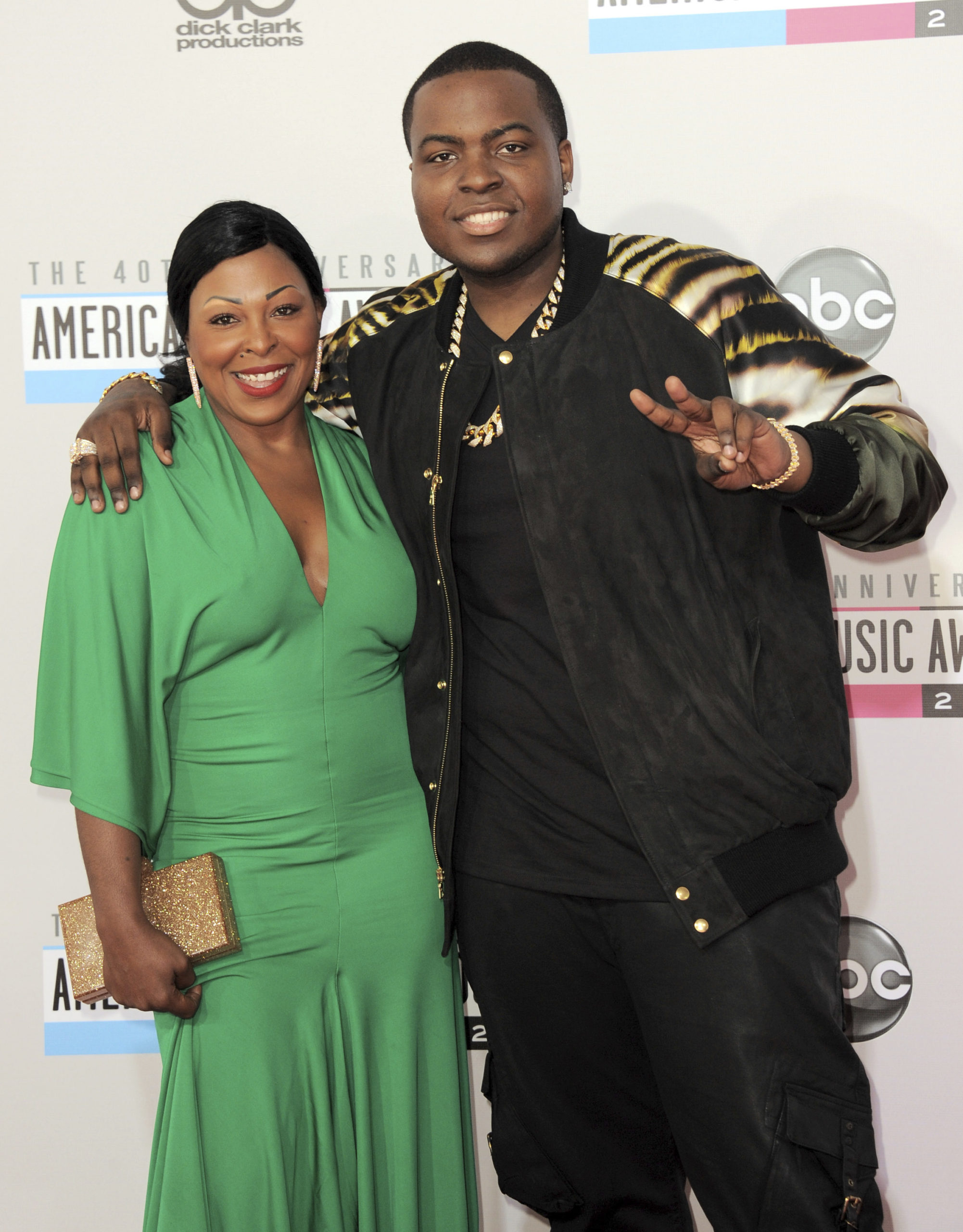Why It Matters That I’m A Mother, Not A Generic ‘Parent’ Or ‘Grown-Up’
A strange thing is happening in public life: Moms are disappearing. While they can still be seen, you’ll hear them more often referred to as mothers.
You may have seen the new, politically correct vocabulary: Breastfeeding is now “chestfeeding“Pregnant moms now have a “The birthing of a person“In some countries, mothers are identified only as “Parent 1” or “Parent 2,” as if it is not obvious who they are.
It’s not just political activists who are pretending mothers do not exist. At public events, organizers increasingly find cute new ways to refer to mothers. They might call them the children’s “grown-up” or “big person.” Teachers and librarians coo, “Turn to your grown-up!” “Bring this painting to the grown-up you came with!”
The mania for inclusion means we now ignore that most children still attend library story hours and kiddie museums with their mothers. Enlightened adults will nod and affirm how wonderful it is that we are no longer excluding people who don’t have mothers.
Mothers themselves often meticulously scrub their vocabulary of gendered nomenclature, calling themselves “partner” and “parent,” never “wife” and “mother.” We are attempting to convince children that their female parent figure — if they have one — is no different from any other parenting stand-in, replaceable and not unique.
What Is at Stake When We Ignore Mothers
I reject the trend and am confident I am the mother to my children, not just a “parent.”
Motherhood is not merely linguistic but reflects a substantive reality. A mother has a unique role that benefits women, men, and their children. When we change the way we refer to mothers for the benefit of the handful of kids at an event with dad, grandma, or the nanny, what is lost?
Young children look to a mother, whether biological or adoptive, for comfort and nourishment. As radical as it sounds these days, this fact has a clear basis in the phenomenon of pregnancy. Every person now living was nurtured and brought into the world by a mother.
Even now, this is an unavoidable reality. Last year, the war in Ukraine brought international attention to the vast and far-reaching surrogacy industry. Suddenly, hundreds of babies were stranded thousands of miles away from the “parents” who paid for their gestation.
No matter how progressive we may wish to become, we cannot avoid that babies need the physical reality of a mother. If artificial wombs become mainstream, the genetic blueprint of each child will still cry out for a whole mother.
For scenarios in which a child does not have a mother due to death or separation, the best solution is to approximate the mother-child relationship: one that is exclusive and consistent. Children who have suffered the tragedy of losing a mother know they are missing someone key. We don’t help such children by pretending otherwise. And we certainly don’t help other children by training them to ignore the tremendous benefits they experience from having a mother.
Why We
" Conservative News Daily does not always share or support the views and opinions expressed here; they are just those of the writer."





Now loading...